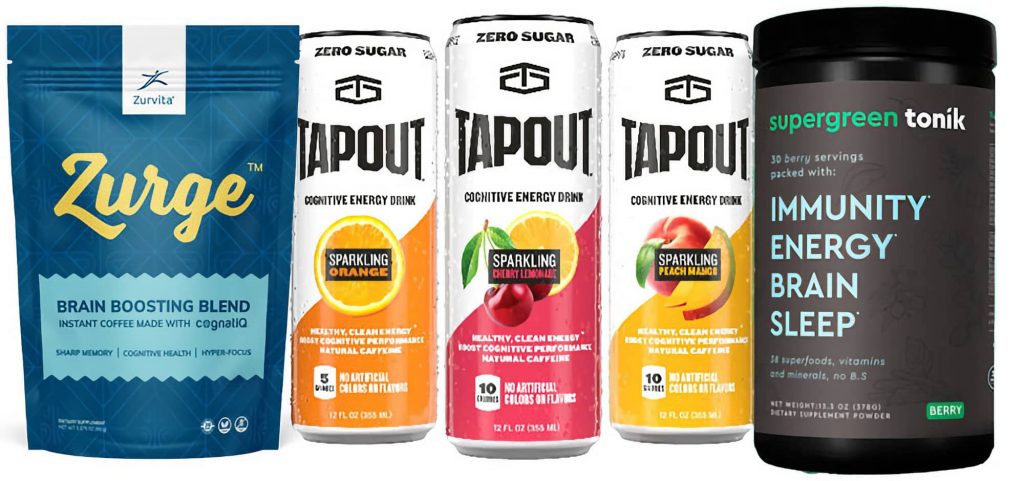There is a real boom in the segment of herbs-adaptagens and other herbal ingredients that provide certain physiological effects in food and drinks. We continue our excursion towards the use of plants in the production of food and beverages.
Herbal Calm

A noticeable upward trend in botanical adaptogens in RTD food and beverages began even before the pandemic, after which consumers became health-obsessed, literally sweeping healthy products off the shelves in retail.
Specialty food and drink for mental health-conscious shoppers began moving towards the mainstream in the years leading up to the lockdown. So at the Natural Products Expo West 2018 conference, the lion’s share of the reports somehow mentioned herbs and their place in the food production of functional foods that help the body and mind maintain homeostasis or adapt to stress over time.
In the post-COVID era, as consumers take a more holistic approach to their own health, there is a growing emphasis on mental and emotional well-being. We have already talked about this global trend. In this article, we will focus on the ingredients for food and drinks that are responsible for the quality of sleep.
Brands experimenting with herbs in essentially undefined products as active physiological mood boosters is definitely supported by the current state of excessive stress so prevalent among the world’s population.
When consumers have the choice not to take pills but to choose something tasty, people always like it. This may explain the appeal of plant-based adaptogens to food and beverage manufacturers targeting the lives of many consumers, especially millennials, with high levels of stress.
Back in 2018, the American Botanical Council (ABC) reported that annual sales of herbal supplements for mood management and calmness had grown to $8 billion, effectively doubling since 2000. In another two years, botanical ingredients for sleep and brain health have become absolute growth indicators, inspiring developers of functional foods and drinks with herbal ingredients.
And looking at the present, we can assume that their future looks even more impressive.
The economics of sleep deprivation

As populations age and life expectancy increases, the economy of sleep deprivation is at epidemic proportions. Chronic lack of sleep is one of the main causes of cognitive impairment. But there are foods and ingredients that can help improve both sleep and brain function.
More consumers are turning to herbal ingredients for natural approaches to health and wellness. When marketers are faced with the constant question of which ingredients to choose, “traveling food and beverage developers” looking for new botanicals or superfruits, such as in Australia and New Zealand, have an advantage.
Gathered the latest up-to-date data on components derived from plants that stimulate consumer interest in a calmer and more measured life without stress. And if you’re a food-as-mediciner and you’re on the lookout for ingredients with bioactive abilities, today we’re focusing on herbal ingredients, offering product developers sources of product innovation for better sleep and brain health.
Let’s talk about simple favorites like wild cherries, pumpkin seeds, almonds, walnuts and kiwi, as well as more exotic ones like schisandra, turmeric and saffron.
The perfect storm
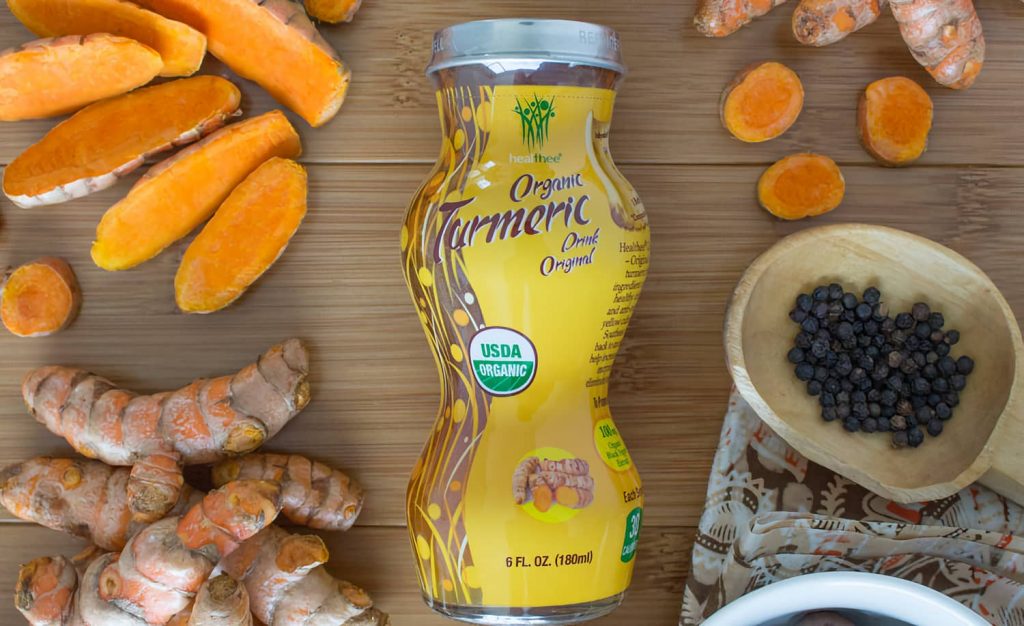
An ABC report notes that turmeric is leading the race for herbal ingredients for calm control (although cannabidiol is also on the rise). According to ABC data, the strongest sales growth in mainstream retailers came from turmeric products, with sales up 46%.
A key ingredient in many South Asian dishes (such as curries), turmeric is an ancient «as a medicine» ingredient dating back centuries. The healing properties of turmeric have been comprehensively considered and evaluated in Ayurveda, a thousand-year-old system of traditional medicine from India.
Now it has firmly gained popularity among mainstream consumers in the United States. The herbal superstar, turmeric (Curcuma longa), provides a key phytonutrient called curcumin. Studies have shown that curcumin has multiple positive effects on various organ systems.
There are several absorption-enhanced versions of turmeric on the market, so specific turmeric or curcumin ingredients may be chosen for a particular uses.
Turmeric seems to be showing up all over the place lately. It is added to foods, drinks, cereals, cuisine, smoothies and even lattes, giving all these products their signature yellow color. A close relative of ginger, it is a spice often used in the cuisines of South Asia and the Middle East, and is also used as an additive in drinks such as «golden milk».
Science has found that turmeric actually has positive effects on a number of organs and systems throughout the body. The use of curcumin, as the main active compound in turmeric, has shown positive results for human health ranging from hyperlipidemia, non-alcoholic fatty liver disease, osteoarthritis and itching to hay fever and depression. Curcumin is also used to support brain health, anti-inflammatory pain relief, and overall wellness.
Shisandra
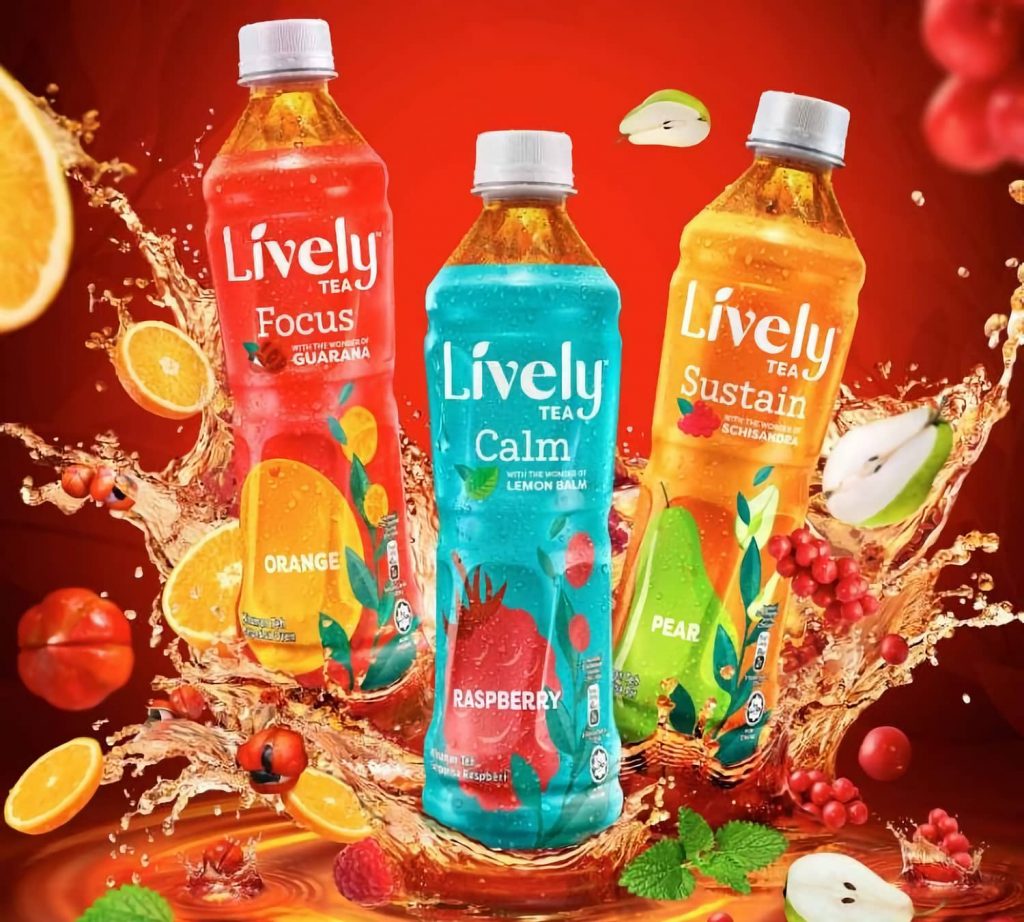
A more exotic representative on the market is “stress berries”. They’re not really called that, but schisandra berries (Schisandra chinensis) have a long history of being eaten and are also an adaptogen.
Schisandra is the main ingredient of traditional Chinese medicine, which has a special quality — all five flavors: sour, bitter, sweet, pungent and salty. Schisandra in foods is claimed to help reduce stress and promote mental clarity, liver health, and energy.
Saffron
Saffron, obtained from the stamens of the flower of the Crocus sativus plant, has a reputation as the most expensive spice in the world. As with turmeric, modern science has uncovered an impressive range of beneficial effects from this plant.
Traditionally, it has been used to relieve symptoms of asthma, insomnia, depression, anxiety, cough, Alzheimer’s disease, and women’s conditions such as work pain, dysmenorrhea, PMS, and postpartum depression.
There were also some good clinical data on age-related macular degeneration (MAD), antidepressant-induced erectile dysfunction, muscle soreness (from exercise), glaucoma, and male infertility.
New research has also confirmed the possible benefits of saffron in combating anxiety and emotional stress. Saffron extract has been shown to increase dopamine levels in the brain without altering other brain hormones such as serotonin.
Cherry
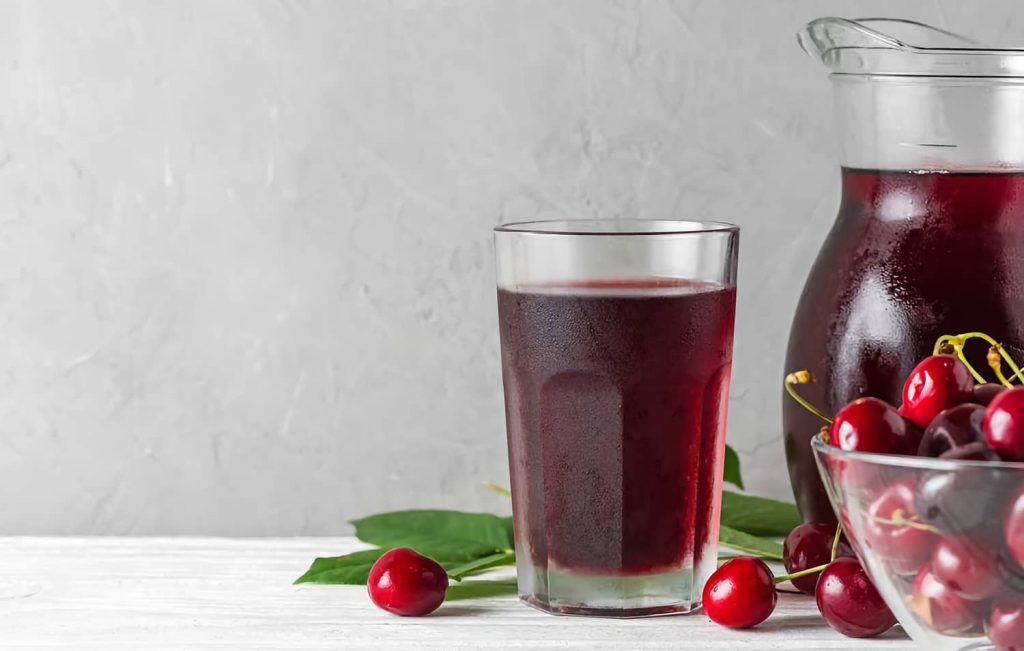
Because of the reputation of the cherry (Prunus cerasus) as a superfruit, almost 70% of consumers feel better after purchasing a product that contains this berry. With the taste people love and the functional benefits they seek, tart cherries help find the sweet spot for innovation.
There are many uses for cherries. Its seeds are used to make edible oil, the leaves are used as a tea substitute, and the rind is used for chewing. Cherries have shown benefits for cardiovascular health, cognitive health, exercise recovery, and especially sleep.
In a 2019 randomized controlled clinical trial, 480 ml of sour cherry juice daily for 12 weeks was found to reduce biomarkers of inflammation and oxidative stress. In this study, tart cherry juice was also found to reduce systolic blood pressure, LDL cholesterol, c-reactive protein, and malondialdehyde, a marker of oxidative stress.
A meta-analysis published in the International Journal of Sports Nutrition and Exercise found that supplementing cherries in the form of sour wine had a significant effect on improving muscle strength and post-workout soreness. Importantly, numerous studies have shown that drinking tart cherry juice can lead to better and longer sleep due to its high content of tryptophan and the «sleep hormone» melatonin.
Daily consumption of tart cherry juice supports the activity of mental functions due to its antioxidant and anti-inflammatory properties, as well as the effect of lowering blood pressure.
Pumpkin seeds
The seeds of the humble Cucurbita are regarded as a sleep aid in addition to a number of different health promoting properties. Rich in vitamins C and E, as well as other antioxidants that can help protect the brain from free radical damage, they are also high in beta-carotene, lutein and zeaxanthin, and carotenoids that support eye and brain health.
Pumpkin seed extract has been found to reduce the symptoms of benign prostatic hyperplasia, as well as inhibit kidney stones, exhibit hypoglycemic, anticancer, hypotensive, cardioprotective, antilipemic, gynoprotective, and anthelmintic activities.
And no, drinking pumpkin lattes is not the same thing! Beyond that long list, pumpkin seeds are also a source of soothing nutrients magnesium and tryptophan and omega-3 fatty acids to promote brain activity.
Kiwi
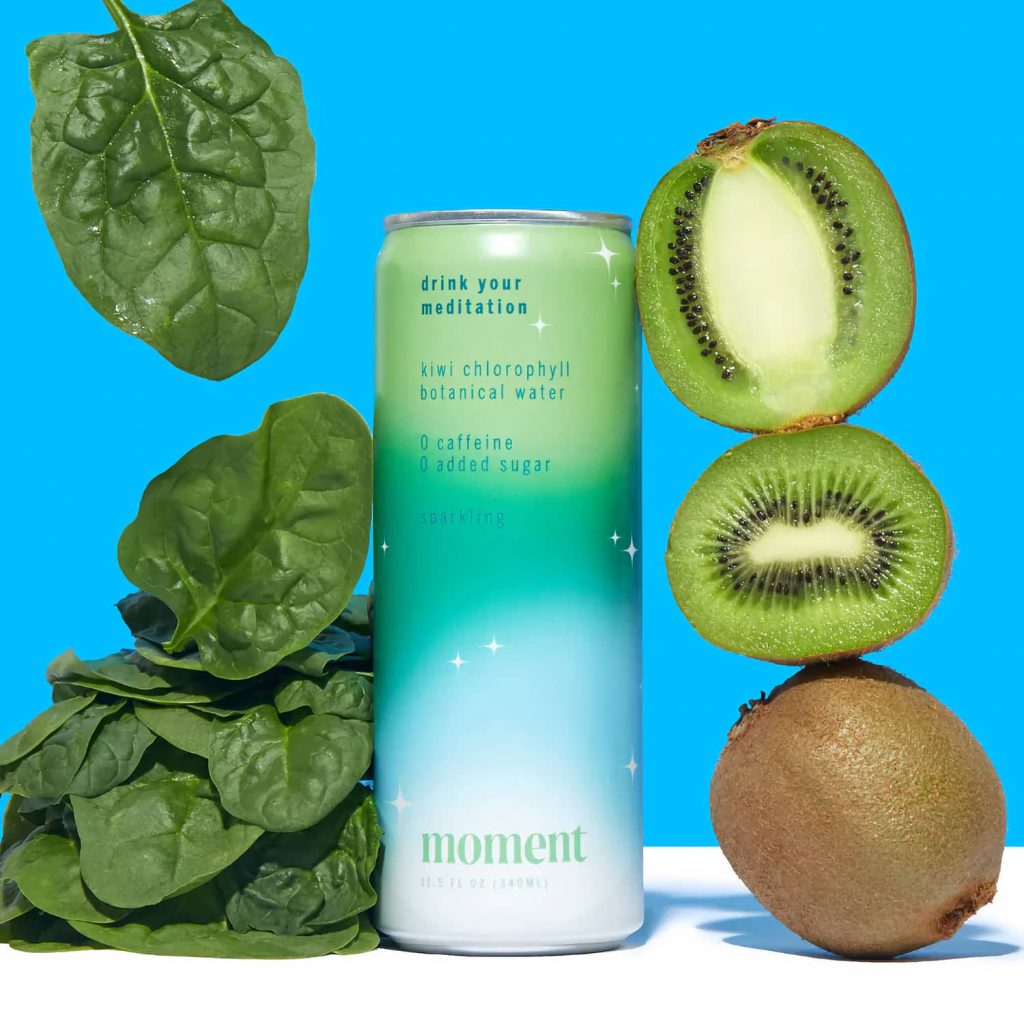
The now popular kiwi fruit (Actinidia chinensis) is already strongly associated with healthy nutrition. One serving (about two kiwis) contains about 2.5 times the recommended daily allowance of vitamin C, more potassium than a banana, antioxidants, magnesium, and more fiber than a good serving of bran.
Kiwi fruit is also good for folate, an important nutrient for brain health that helps prevent Alzheimer’s disease, and prebiotic fiber, which supports the health of the lining of the gastrointestinal tract.
Kiwis are high in serotonin and antioxidants, which may help with better sleep. In a clinical study, it was found that participants who ate two kiwis before bed improved several parameters of sleep at once. They fell asleep faster, slept more soundly, and the sleep itself was longer and of better quality in general.
«Sleep Diet»

Sleeping well means falling asleep quickly, not waking up during the night, getting up easily at the appointed time and feeling cheerful throughout the day. It is logical to assume that this should be the dream of any healthy person.
In fact, this does not always happen, and good sleep has become as scarce as proper nutrition. Like the less-than-ideal diet of most people, sleep patterns leave much to be desired.
Half a century ago, lack of sleep from a rare event has now turned into a scourge that a huge number of people put up with every day. You can’t die from lack of sleep – at least not if you don’t deprive yourself of sleep completely. But if you don’t get enough sleep for a long time, lack of sleep will cause many health problems in the long run …
Although many people on the planet struggle with sleep deprivation and stress, dependence on pharmaceutical sleep aids is not a healthy option. Research shows that by developing convenient and enjoyable forms of uses, the food industry can play a useful role in promoting healthy sleep.
